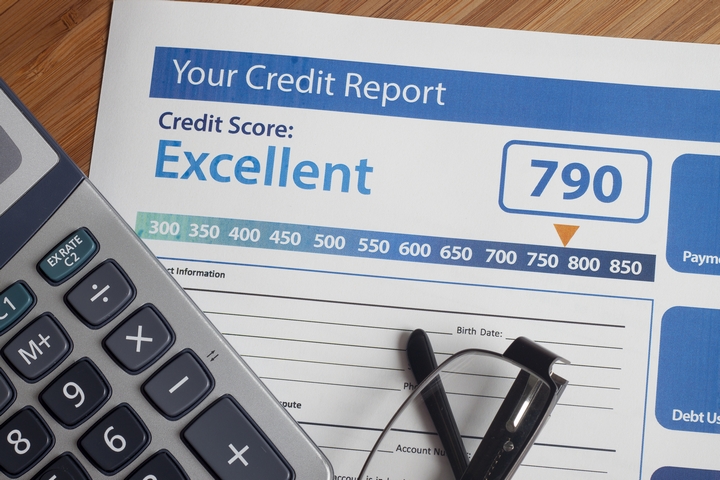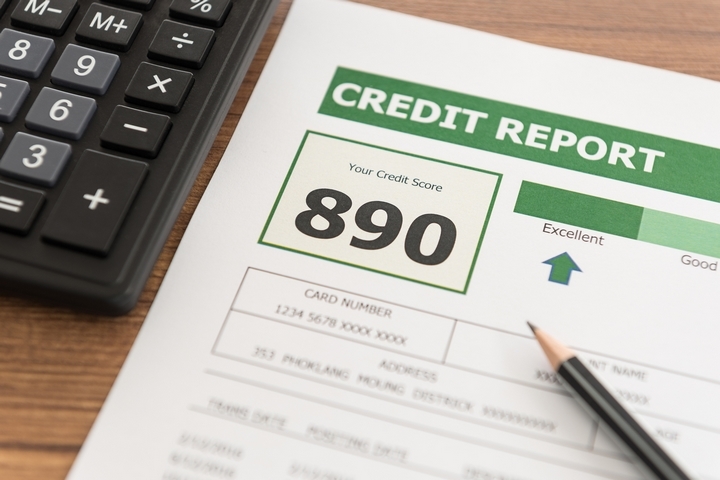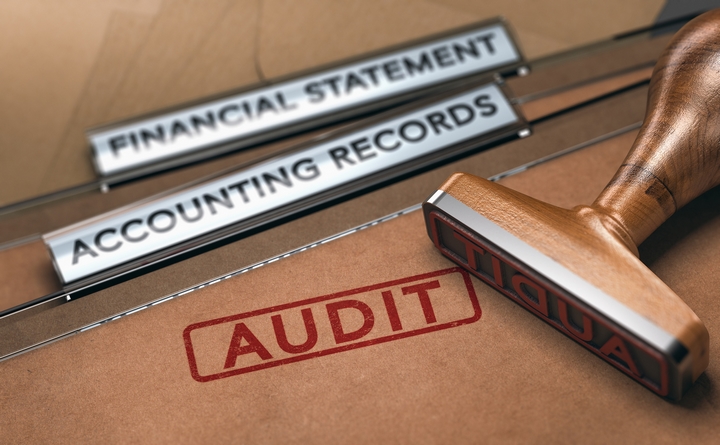Have you ever been a part of an audit? If so, then you know the headaches involved. If not, then just you wait until you are a part of one. It can turn a business – large or small – upside down and wreak havoc on your corporate reputation, even if the process and results are benign. However, not all audits are equal; there are various categories of audits for different things. Some of them are not too big of a deal, and a few of them will make you want to crawl into a hole.
No one will argue the fact that audits can turn your company upside down. The very word audit can send shivers up and down your spine. It triggers nightmares among company owners, executives, and anyone who handles the books. However, certain types of audits are useful in not only catching unscrupulous individuals and schemes, but also in improving your operations, remedying mistakes, and instituting fairness.
For the most part, the different types of audits can serve as checkups. It is the audits led by the government that can induce headaches since the state has infinite resources to make your life a living hell. Let’s hope that with tax season around the corner, you do not need to bite your fingernails.
Here are the nine popular types of audits for businesses:
Continue reading









